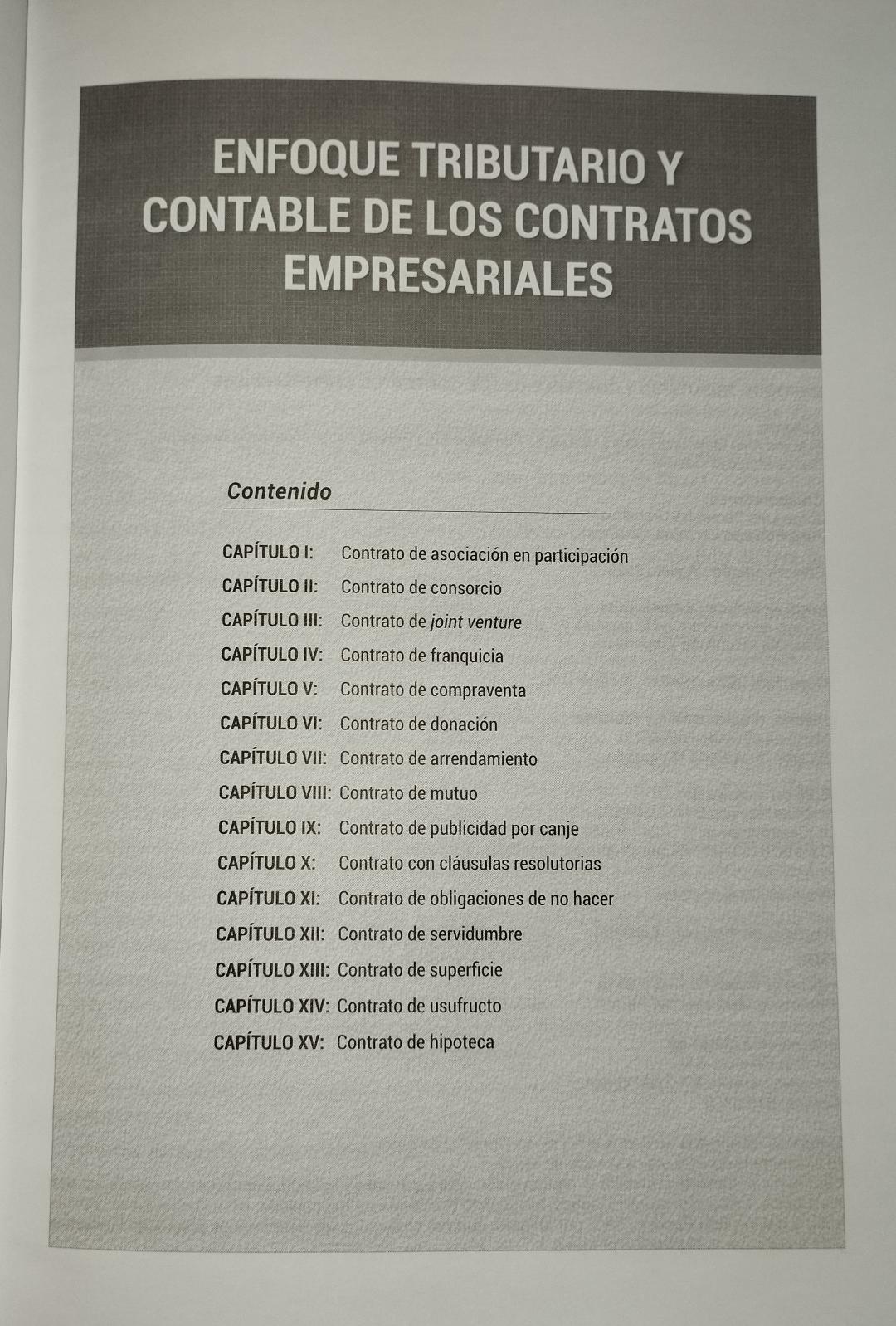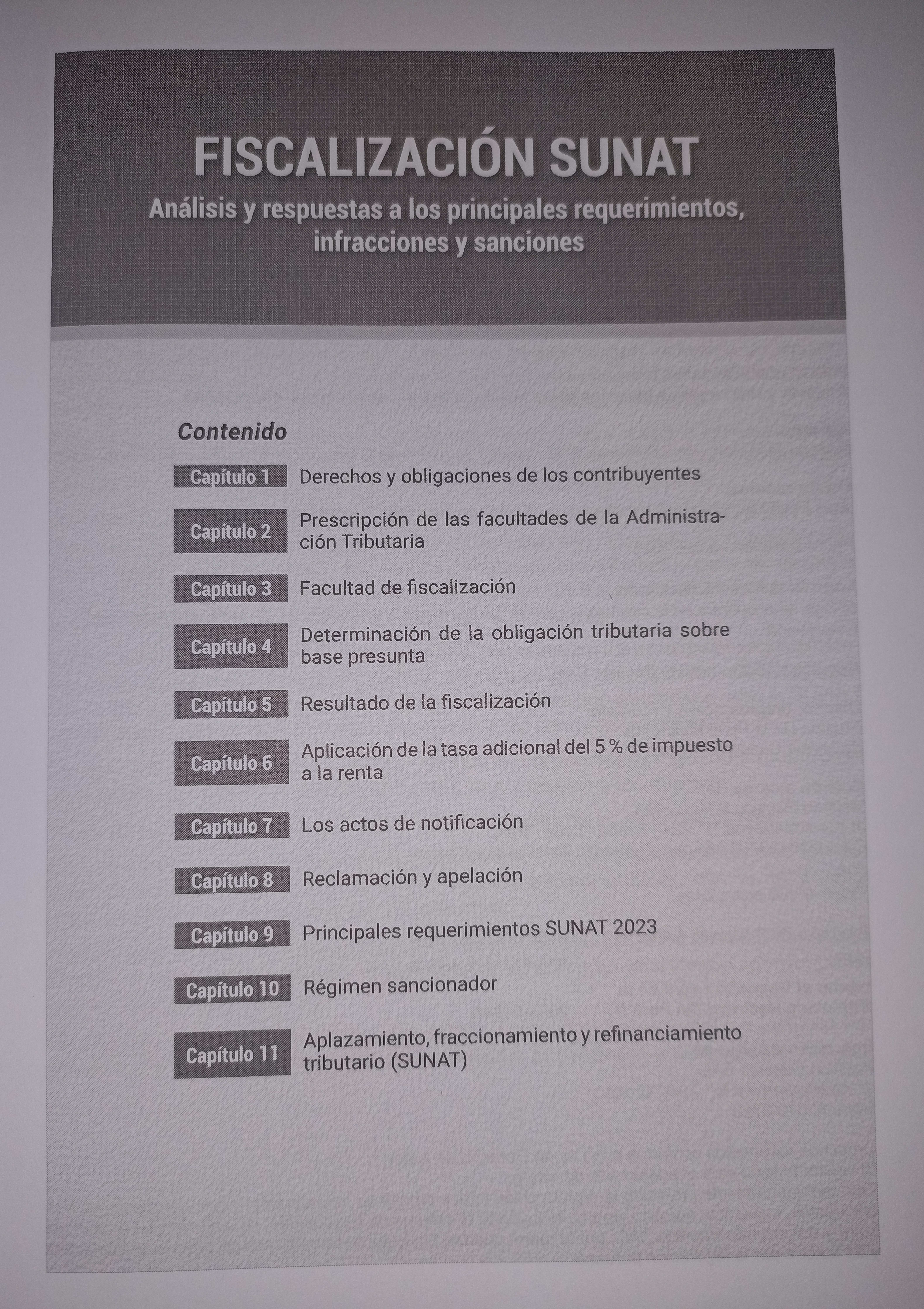¿LA APLICACIÓN DE LOS CRITERIOS ESG CONSTITUYE GASTO DEDUCIBLE?
MARIO ALVA MATTEUCCI
RESUMEN
El inversionista cada día es más exigente con la información que debe obtener de las empresas en las que quiera aportar capitales, bien sea por las posibilidades de retorno de la misma, como también en la actividad a desarrollar. A veces se busca la inversión a corto plazo, la cual es a veces solo especulativa, como también existe la inversión a largo plazo, la cual tiene un tipo de análisis más complejo y que busca que las empresas sean sostenibles en el tiempo. Parte de la información que hoy en día los inversionistas procuran revisar es con la aplicación de criterios ESG, ligados a variables como el medio ambiente, el entorno social como también la gobernanza al interior de la empresa.
PALABRAS CLAVE: inversión a corto plazo / inversión a largo plazo / entorno social / gobierno corporativo / entorno ambiental / inversionista
ABSTRACT
The investor is more demanding every day with the information that must be obtained from the companies in which he wants to contribute capital, either by the possibilities of return of the same, as well as in the activity to be developed. Sometimes short-term investment is sought, which is sometimes only speculative, as well as long-term investment, which has a more complex type of analysis and seeks to ensure that companies are sustainable over time. Part of the information that investors today seek to review is the application of ESG criteria, linked to variables such as the environment, the social environment as well as governance within the company.
KEYWORDS: Keywords: short term investment / long term investment / social environment / corporate governance / environmental environment / investor
TITLE: Does The Application of ESG Criteria Constitute A Deductible Expense?
Si desea revisar el informe completo (SOLO EN ESPAÑOL) debe ingresar aquí: APLICACION DE CRITERIOS ESG – GASTO DEDUCIBLE
If you want to review the full report (ONLY IN SPANISH) you must enter here: APLICACION DE CRITERIOS ESG – GASTO DEDUCIBLE



